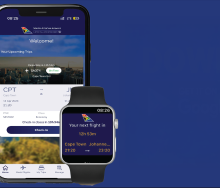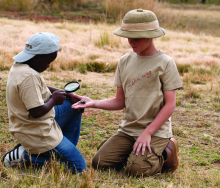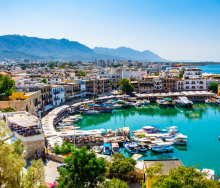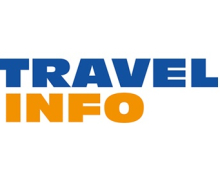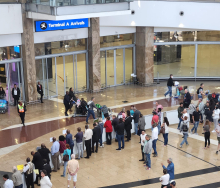Unabridged Birth Certificate regulations cannot be enforced – and Home Affairs latest move proves this.
eTNW has long held the view that the new immigration regulations, requiring minors crossing SA’s borders to have UBCs, is unworkable. The reason is simple: most minors crossing the borders are from SADC states and, according to a Unicef 2013 report, the majority have no form of documentary proof of birth.
Thus it is no surprise that concessions are now being made.
Last week, Home Affairs announced that minors from Lesotho will not need a UBC when crossing the border if they have a letter from a South African “learning institution” saying the institution holds the UBC in safe keeping.
What the definition of a school or a learning institution is and how the document will be verified by immigration officials are questions we would like Home Affairs to answer.
This concession does not come as a surprise as the Department of Home Affairs in Lesotho on its website does not even mention a service for its citizens to get a UBC.
Studies show that child trafficking is linked to the incidence of extreme poverty.
The Institute for Trafficked, Exploited & Missing Persons (ITEMP) identifies poverty as the root cause of international human trafficking. It has just completed a study that establishes a strong correlation between countries’ GDP and their odds of being a source or destination country for international trafficking.
The US-based Borgon Project, an NGO dedicated to fighting extreme poverty, points out that victims attempt to move from areas with extreme poverty to areas with less extreme poverty. In these instances, it is the desire of potential victims to migrate to escape poverty that is exploited by traffickers.
It is therefore ironic that a concession has been made for Lesotho – a dirt poor country, with a GDP per capita that is a fifth of South Africa – while the regulations are throttling tourism growth from key source markets of the 79 countries in the world with a higher GDP per capita than SA, where trafficking is less likely.
If these UBC regulations were really about protecting children then Home Affairs should be focusing its measures on the borders with SADC states like Lesotho, Mozambique, where SA’s GDP per capita is nine times higher, or Zimbabwe where it is 20 times higher.
The fact that the Home Affairs UBC tactic is unraveling is exposed when it makes concessions like this on a border where it is most likely needed.
In the meantime, every day, we believe minors needing to enter SA from SADC states bypass the system one way or another as they are unable to provide the necessary documentation.

